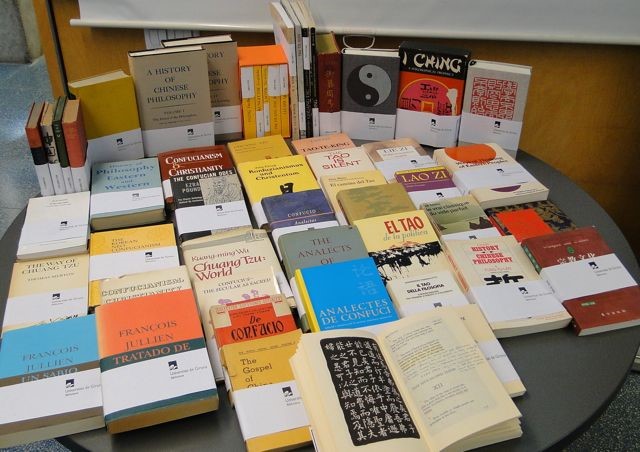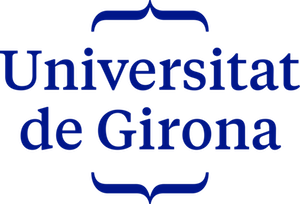
Raimon Panikkar and classical Chinese thought
Raquel Bouso holds a PhD in Humanities from Pompeu Fabra University (2005), with a thesis on the notion of emptiness in the Japanese philosopher Keiji Nishitani, where she is interim associate professor of philosophy; also professor of Asian religions in the Master of History of Religions at the University of Barcelona and at the ISCREB (Higher Institute of Religious Sciences of Barcelona).
She is a member of the scientific committee of the “Biblioteca de Estudios Japoneses” collection of Ediciones Bellaterra, of the “Japan” collection of the UAM and of the editorial board of the “Tetsugaku Companions of Japanese Philosophy” series of Springer. She is a member of the Bibliotheca Mystica et Philosophica Alois M. Haas Research Group, the International Association of Japanese Philosophy (IAJP), the board of the European Network of Buddhist Christian Studies (ENBCS) and co-founder of the European Network of Japanese Philosophy (ENOJP).
She is the author of several articles on Japanese culture, philosophy and religion as well as the monograph Zen (Fragmenta, 2009 [Catalan] 2012 [Spanish]); co-editor of Frontiers of Japanese Philosophy, 6. Cross-concurrents and Confluences (NIRC, 2009) and La filosofía japonesa en sus textos (Herder, 2016).
And he has translated: Shizuteru Ueda, Zen y filosofía (Herder, 2004), Carlo Saviano, El Oriente de Heidegger (Herder, 2004), James W. Heisig, Diálogos a una pulgada del suelo (Herder, 2005), Toshihiko Izutsu, Hacia una filosofía del budismo zen (Trotta, 2009), Thomas P. Kasulis, Shinto el camino a casa (Trotta, 2012) and La filosofía japonesa en su historia (Herder, 2019); but above all we must point out the translation of Keiji Nishitani, La religión y la nada (Siruela, 1999; Chisokudo Publications, 2017 new corrected edition), the text and author considered the most important of the so-called Kyoto School.
This last text has been the subject of the study and work of the Panikkar Seminar UdG (2018-2019): “Keiji Nishitani: the transit through Western nihilism towards Eastern emptiness”.
We are probably facing the most important authority in this country on Japanese philosophy and thought. A real luxury to have her among us.
In this session Raquel Bouso presents the results of the research she has carried out on the Chinese sources of the Panikkar Fund. From Panikkar’s annotations in some volumes and the study of how he integrates these sources in his work, she proposes to reflect on the Panikkarian reception of classical Chinese thought - on Confucianism, Taoism and the scriptures: Yijing, Daodejing, the Dialogues of Confucius, the book of Mencius, the Zhuangzi - and how this reflects a particular link between reading and writing, life and work.
See here the video recording of the session.
See the passionate conversation between Octavio Paz and Raimon Panikkar dedicated to China, which took place in Mexico in 1984 on the relations between East and West.

